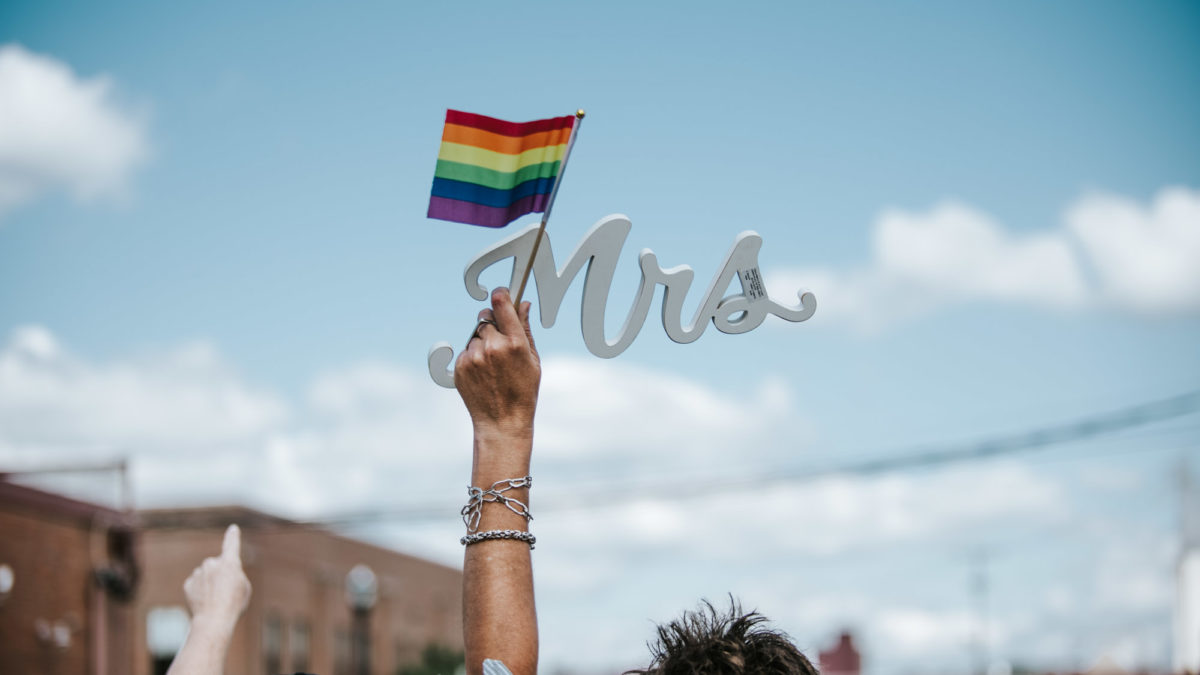Last week, the Supreme Court declined to hear an LGBTQ+ rights case involving a Washington State florist who refused to provide services to an LGBTQ+ couple for their wedding.
The florist, Barronelle Stutzman, told the couple she could not work with them due to her religious beliefs, resulting in the case of Ingersoll & Freed v. Arlene’s Flowers, Inc.
Before the case reached the Supreme Court, Washington courts had already ruled that Stutzman was in violation of the state’s anti-discrimination laws and that her religious beliefs did not give her a license to discriminate against LGBTQ+ people. Because the Supreme Court will not hear the case, the Washington ruling stands.
Stutzman was represented by anti-LGBTQ advocacy group (and Southern Poverty Law Center designated hate group) Alliance Defending Freedom (ADF). ADF alleges that forcing her to work with LGBTQ+ couples violates her freedom of speech. They argue that her flower arrangements are a form of creative expression protected by the first amendment.
The Supreme Court’s decision not to hear the case is a victory for the LGBTQ+ community. In a statement, Alphonso David, President of the Human Rights Campaign, said it is key validation for the protection provided to LGBTQ+ people by nondiscrimination laws.
“By denying certiorari in Ingersoll & Freed v. Arlene’s Flowers, Inc.,” David said, “the Supreme Court has once again said that critical nondiscrimination laws protecting LGBTQ people are legally enforceable and has set a strong and definitive precedent. Now, we need these protections for the LGBTQ community, and all people, across the country, and in every walk of life. That’s why we need to double-down on our efforts to pass The Equality Act. The Court has validated nondiscrimination protections, now Congress must follow suit.”
The couple involved in the case, Curt Freed and Robert Ingersoll, were represented by the ACLU, which is also celebrating the win.
“Today the Supreme Court confirmed that LGBTQ people should receive equal service when they walk into a store,” said ACLU lawyer Ria Tabacco Mar in a statement. “Planning a wedding was a joyful time for Rob and Curt until they were refused service at their local flower shop. No one should walk into a store and have to wonder whether they will be turned away because of who they are. Preventing that kind of humiliation and hurt is exactly why we have nondiscrimination laws. Yet 60 percent of states still don’t have express protections for LGBTQ people like the kind in Washington State. Our work isn’t over yet.”






























